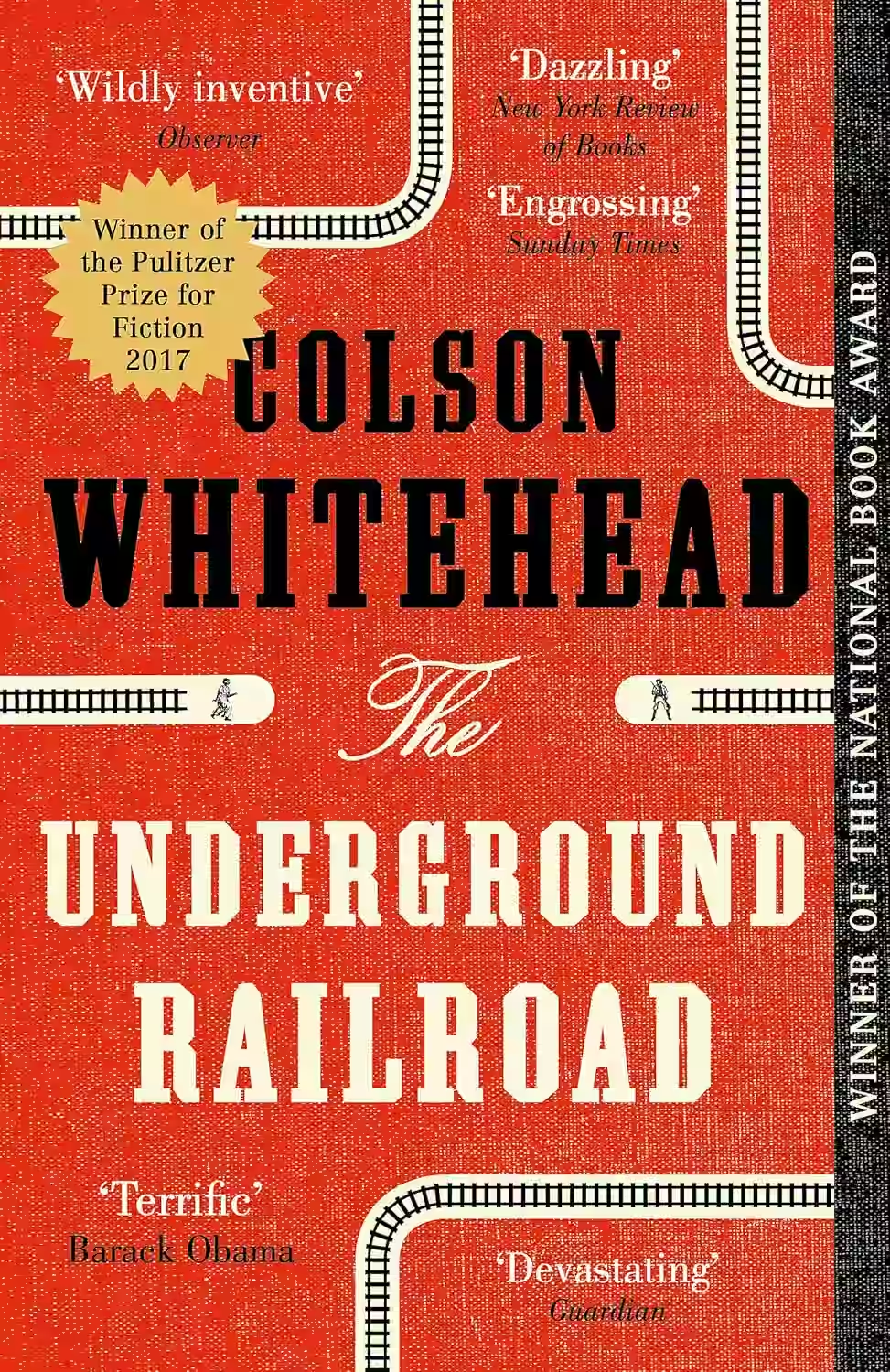
Colson Whitehead's The Underground Railroad reimagines the historical network as an actual subterranean train system, following the journey of Cora, a young enslaved woman seeking freedom. As she travels through different states, each with its own challenges, the novel explores the brutal realities of slavery and the enduring quest for liberation. Whitehead's blend of historical fiction and magical realism offers a powerful commentary on America's history and the resilience of those who fought against oppression.
About Colson Whitehead
An American novelist, whose works often explore race, American history, and social issues through diverse literary styles, from realism to speculative fiction. He is one of only four writers to win the Pulitzer Prize for Fiction twice, for The Underground Railroad and The Nickel Boys. Whitehead's powerful narratives and ability to blend historical research with imaginative storytelling make him a crucial contemporary American voice.
Other Books by Colson Whitehead
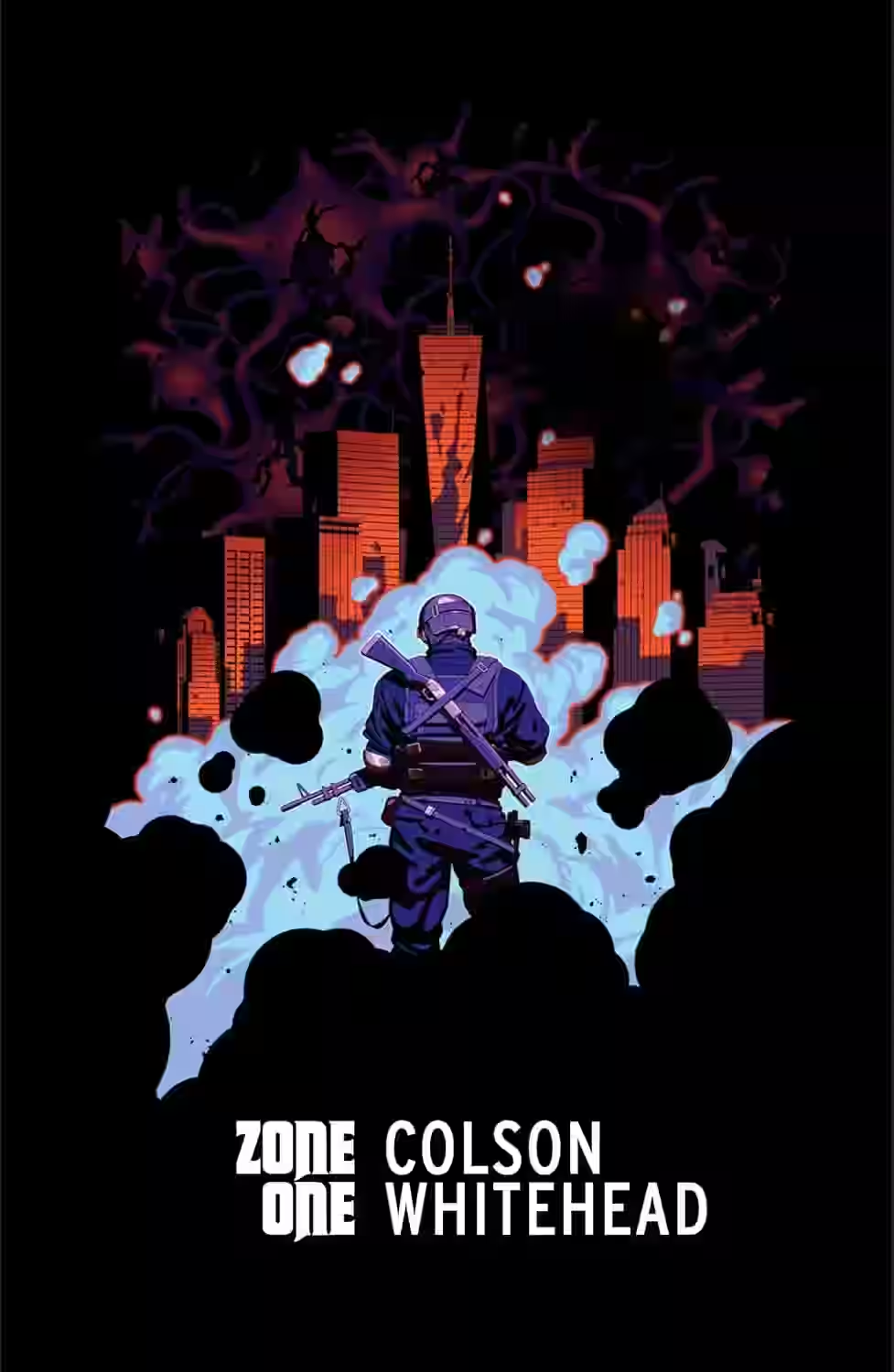
Zone One
In Zone One, Colson Whitehead presents a literary take on the zombie apocalypse genre. The novel follows Mark Spitz, a survivor tasked with clearing Manhattan of residual zombies, known as "stragglers," after a devastating plague. As he navigates the desolate city, Mark reflects on the pre-apocalyptic world and the psychological toll of survival. Whitehead's narrative delves into themes of memory, trauma, and the human condition, offering a contemplative perspective on societal collapse. The book blends horror elements with incisive social commentary, elevating the zombie narrative to a profound exploration of resilience and identity.
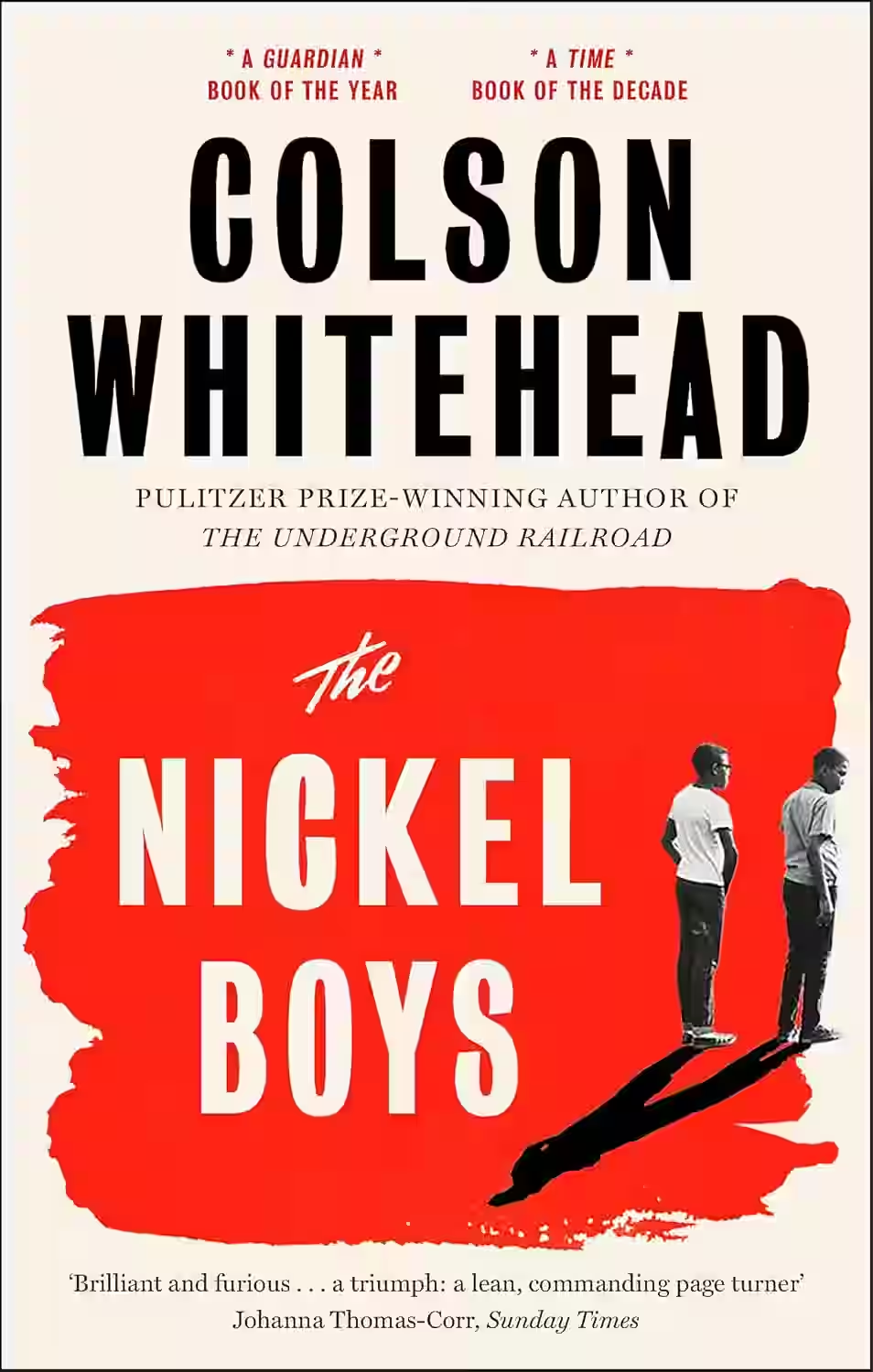
The Nickel Boys
Based on true events, The Nickel Boys tells the harrowing story of Elwood Curtis, a promising Black teenager unjustly sent to a brutal reform school in Jim Crow–era Florida. There, he befriends the more cynical Turner as they struggle to survive the abuse and corruption of the institution. Colson Whitehead’s novel is a powerful indictment of systemic racism and the lingering trauma of institutional violence. With spare, elegant prose and devastating emotional impact, The Nickel Boys explores the collision between idealism and reality. Winner of the Pulitzer Prize, it stands as a haunting reminder of the past’s grip on the present.
Similar Books
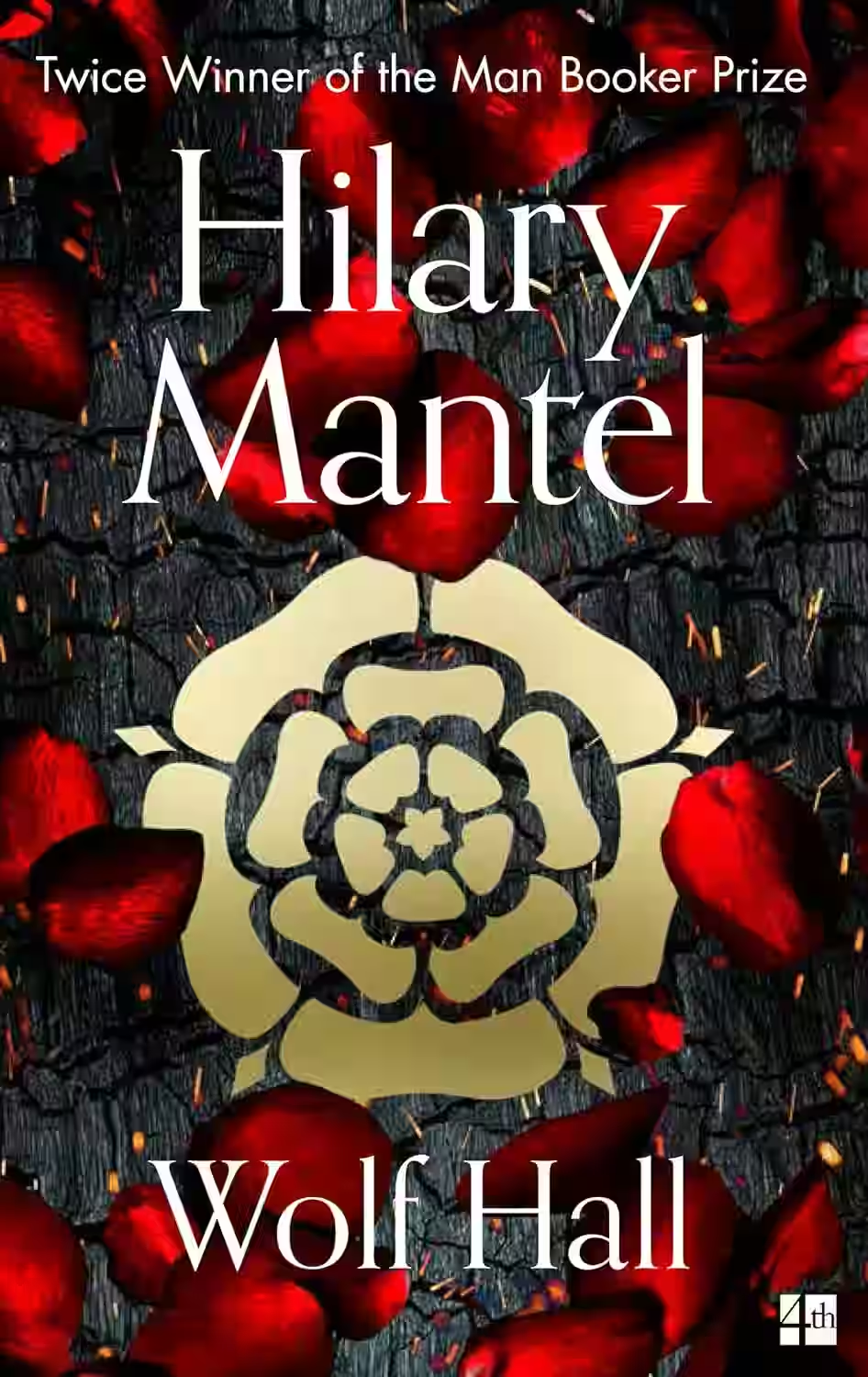
Wolf Hall
Series: The Wolf Hall Trilogy (#1)
England in the 1520s is a heartbeat from disaster. If the king dies without a male heir, the country could be destroyed by civil war. Henry VIII wants to annul his marriage of twenty years and marry Anne Boleyn. The pope and most of Europe opposes him. Into this impasse steps Thomas Cromwell: a wholly original man, a charmer and a bully, both idealist and opportunist, astute in reading people, and implacable in his ambition. But Henry is volatile: one day tender, one day murderous. Cromwell helps him break the opposition, but what will be the price of his triumph?
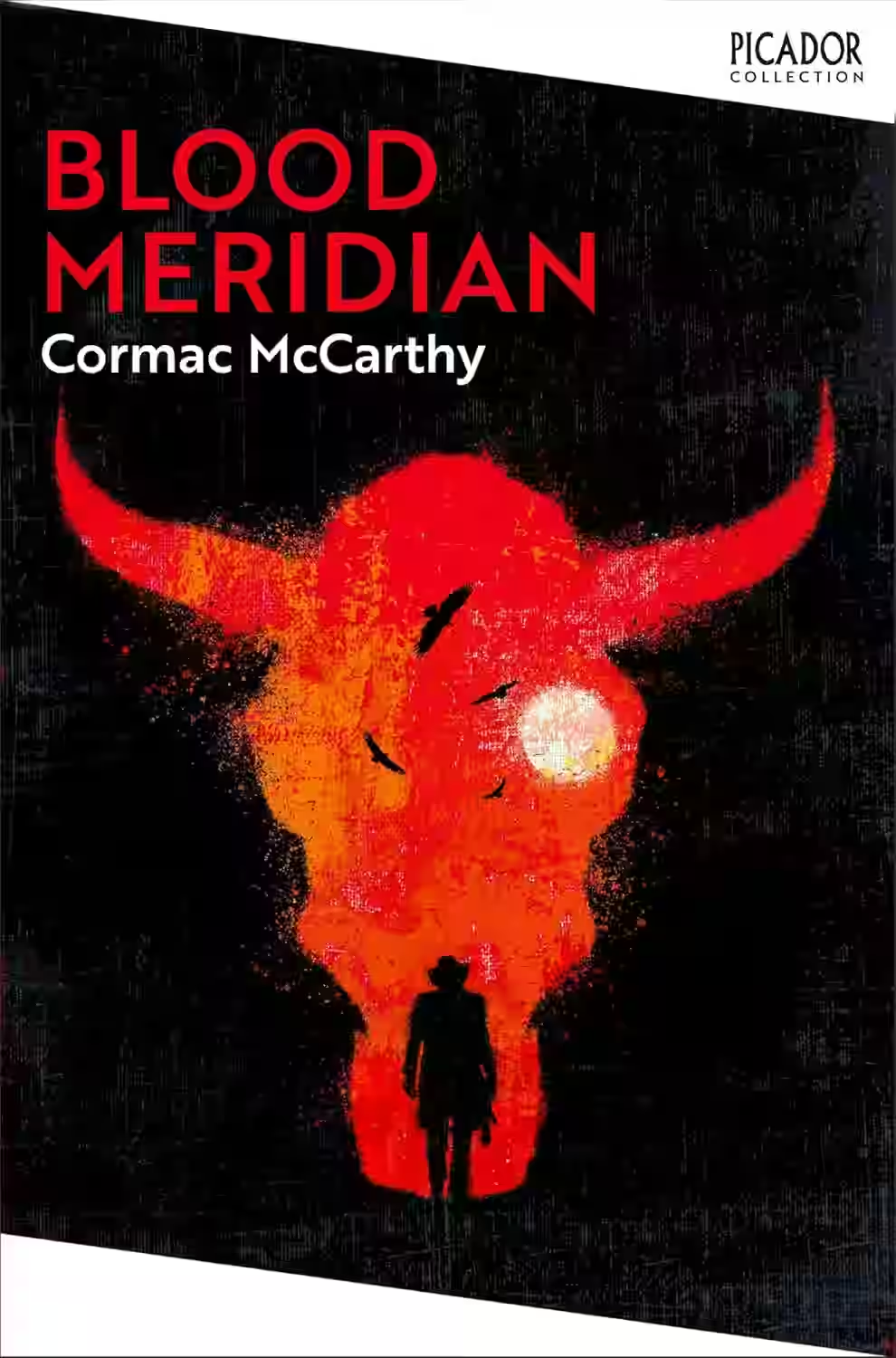
Blood Meridian
Blood Meridian is an epic novel of the violence and depravity that attended America's westward expansion, brilliantly subverting the conventions of the Western novel and the mythology of the Wild West. Based on historical events that took place on the Texas-Mexico border in the 1850s, it traces the fortunes of the Kid, a fourteen-year-old Tennesseean who stumbles into a nightmarish world where Indians are being murdered and the market for their scalps is thriving.
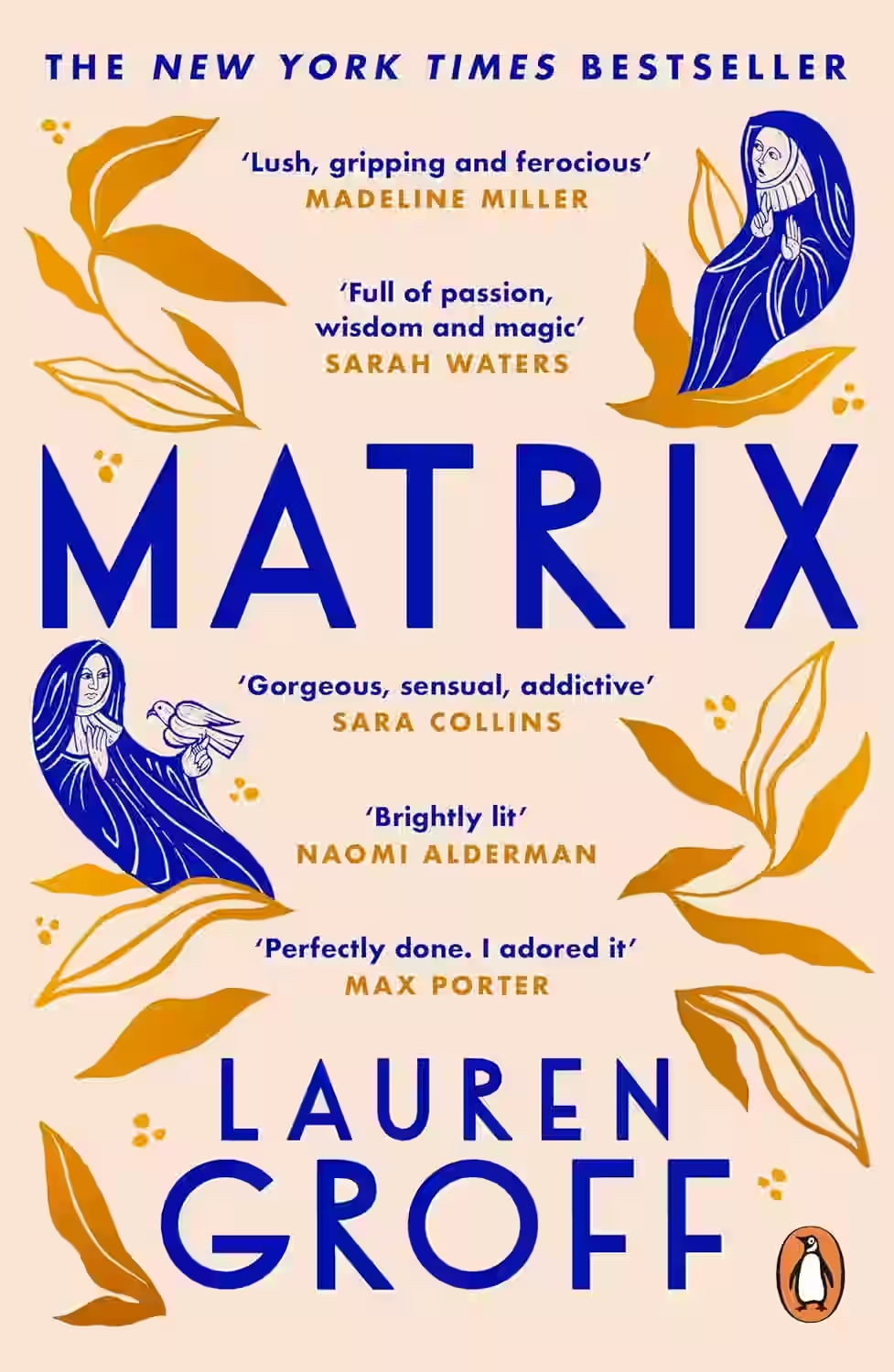
Matrix
by Lauren Groff
Set in 12th-century France, Matrix follows Marie de France, cast out of the royal court and sent to live in a poverty-stricken abbey. There, she transforms the convent into a thriving, autonomous community of women, wielding spiritual and political power in a male-dominated world. Groff reimagines history with lyrical prose, exploring themes of female agency, mysticism, faith, and queerness. Inspired by a real medieval poet, this is a visionary and feminist novel about creation, leadership, and devotion, both sacred and secular. Matrix is a powerful meditation on the lives women build when the world tries to shut them out.
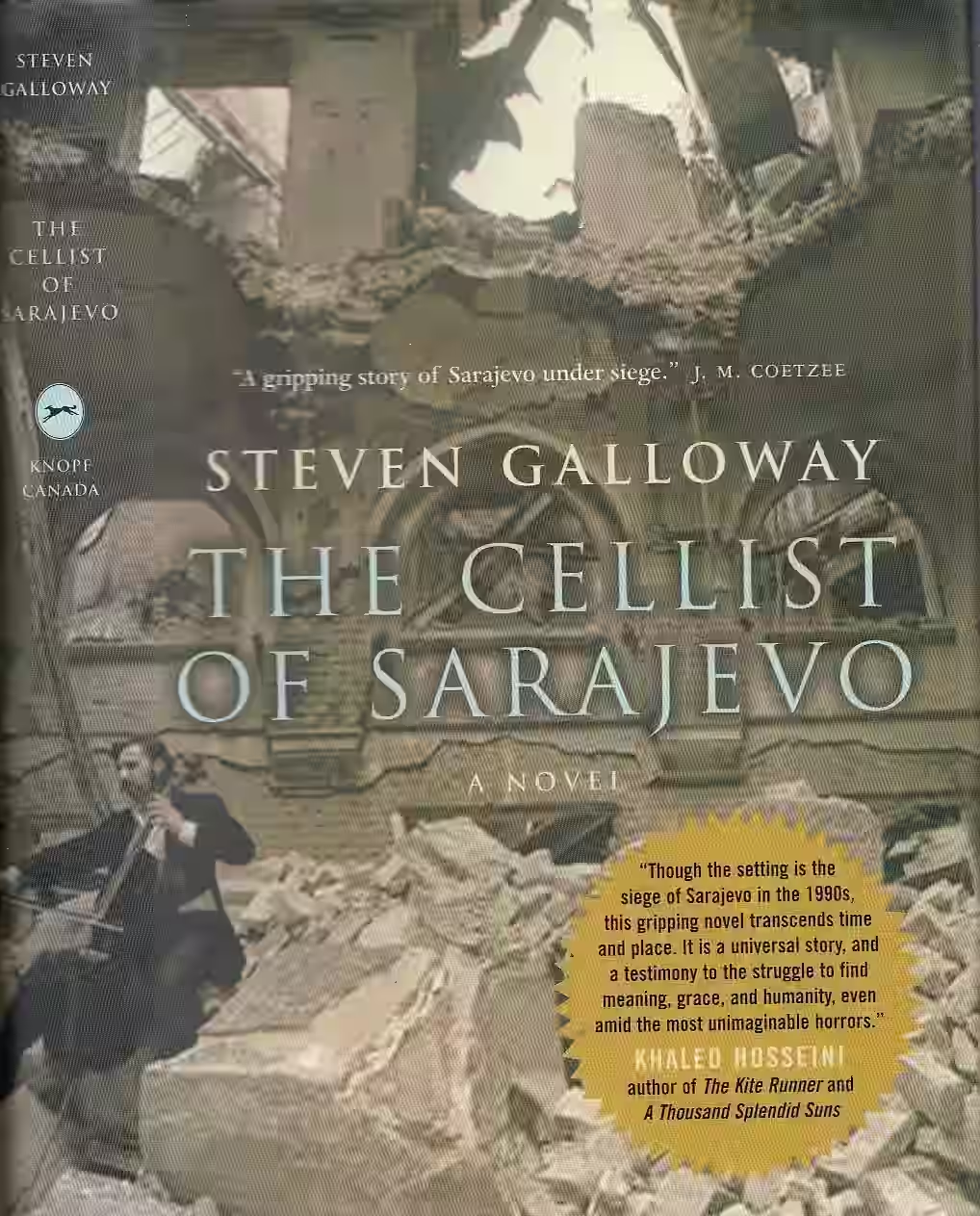
The Cellist of Sarajevo
Set during the siege of Sarajevo in the early 1990s, 'The Cellist of Sarajevo' by Steven Galloway is a poignant exploration of life under siege. The novel interweaves the lives of three characters—Dragan, Kenan, and Arrow—each struggling to preserve their humanity amidst the chaos of war. Their stories orbit around the figure of a cellist, who plays Albinoni's Adagio in the streets to commemorate the lives lost to a mortar attack. Galloway deftly captures the resilience of the human spirit, the impact of art in times of despair, and the simple acts of courage that shine through the shadows of conflict. The book's haunting prose and meditative tone create an indelible reflection on the moral choices faced in brutal circumstances.